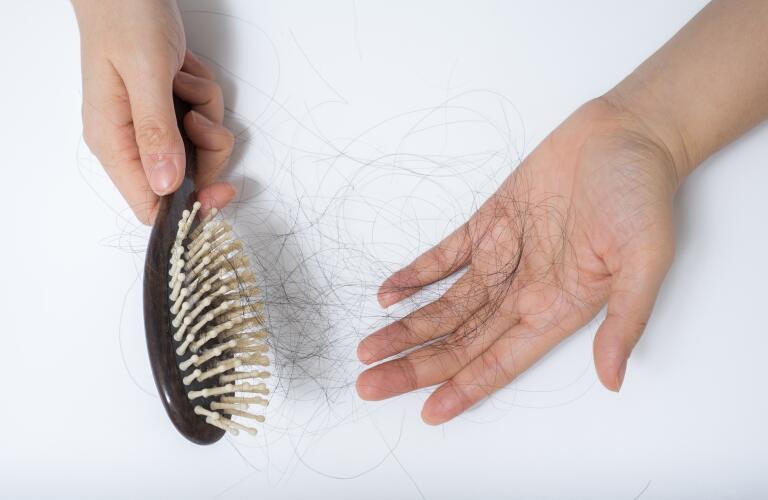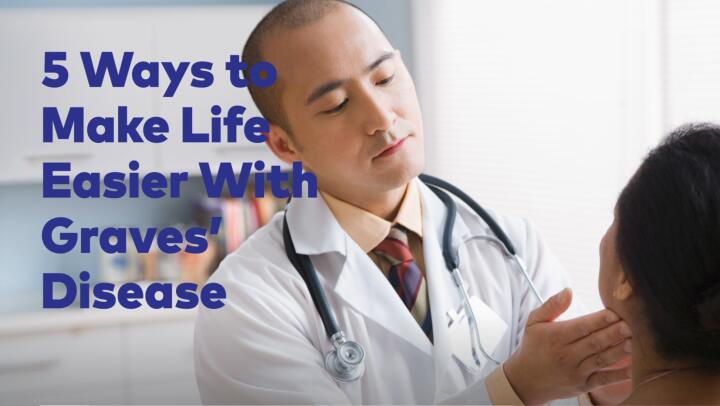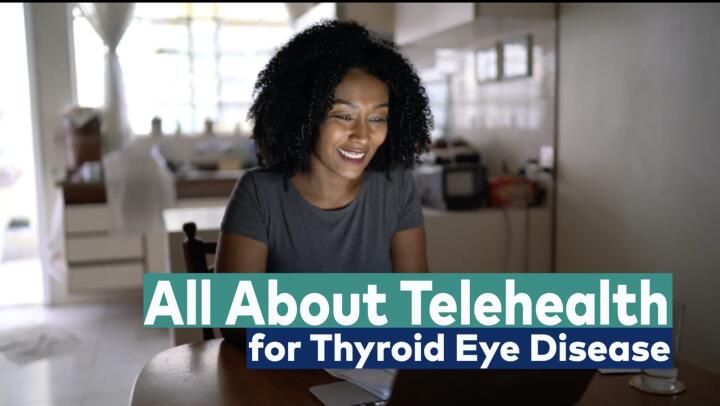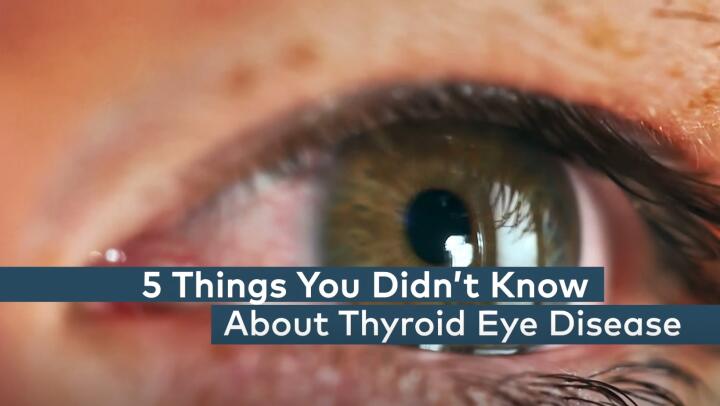
According to the American Academy of Dermatology, about 30 diseases, including thyroid disease, cause hair loss. If it’s happening to you, it may seem like one of the most difficult symptoms of your hypothyroidism.
But there are some things you can do to help cope. And by treating the disease, hair loss often can be stopped or reversed.
Why me?
Hair loss is most common in people who have severe or prolonged hypothyroidism (as opposed to a mild or short-lived case of the disease). Too little thyroid hormone (which is what happens in hypothyroidism) can cause dry, brittle hair and disrupt the growth cycle. This usually causes thinning of the hair and affects the entire scalp, not just certain areas, as with typical balding patterns.
Sometimes hair loss can occur on other parts of the body. People with autoimmune thyroid disease may have alopecia areata, an autoimmune condition that causes hair loss in discrete, often circular, areas of the scalp and other areas of the body, including the beard, eyebrows and eyelashes. In most cases this is temporary, but it can be a shock at first to discover your hair falling out in this way. Rest assured, there are some things you can do to help yourself and your hair.
Consider the cause. There is a chance your hair loss may not be associated with your thyroid. Ask your doctor to be sure. He or she may want to do some tests to exclude other causes, such as iron deficiency.
Treat the source. Treating your hypothyroidism with oral medications containing thyroid hormone can often help to stop or reverse your hair loss. Talk to your doctor about the best treatment for you and to better understand how long it’ll take to see a difference in symptoms, including hair loss.
Keep up the plan. You may not begin losing hair until after you start treating your hypothyroidism, and it may seem that the medication is the culprit. But stopping your thyroid treatment may make the hair loss worse, so be sure to talk to your doctor before you make any changes to your treatment plan, which could also leave you with some other unwanted side effects.
Ask for help. It may be tempting to rush out for that “miracle” hair cure, butit’s better to talk to a trusted and experienced hairstylist. He or she can recommend the best products and look for you, as well as tips to help you feel good about your appearance. You may feel better using wigs, hair extensions, scarves or make-up. And talk to your doctor before considering any supplements that claim to stimulate hair growth. These may interfere with your current medication.
Be patient. It can be hard to wait for your hair to grow back, and when it does, it may be a different texture or color than before. Try to be patient as you become used to any differences in your hair (you may find it’s even better than before!). Most cases of scalp and eyebrow hair loss due to thyroid disorders are temporary, but it may take several months for your medication to kick-start re-growth.
Talk about it. Though it may be hard at times, try not to keep your feelings about your hair loss to yourself. Reach out to family and friends so they can offer their support. And look for support groups for people who understand what it’s like to deal with hair loss.

















